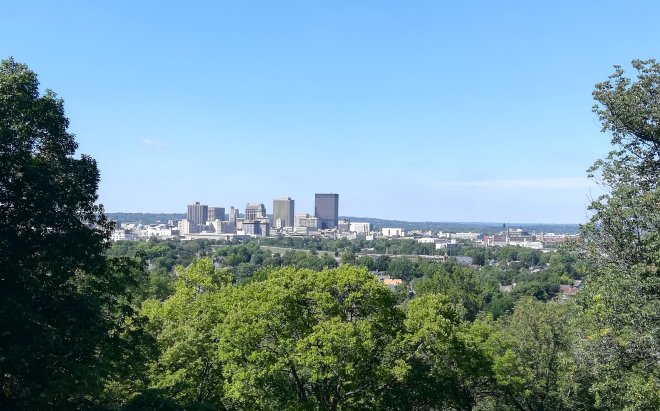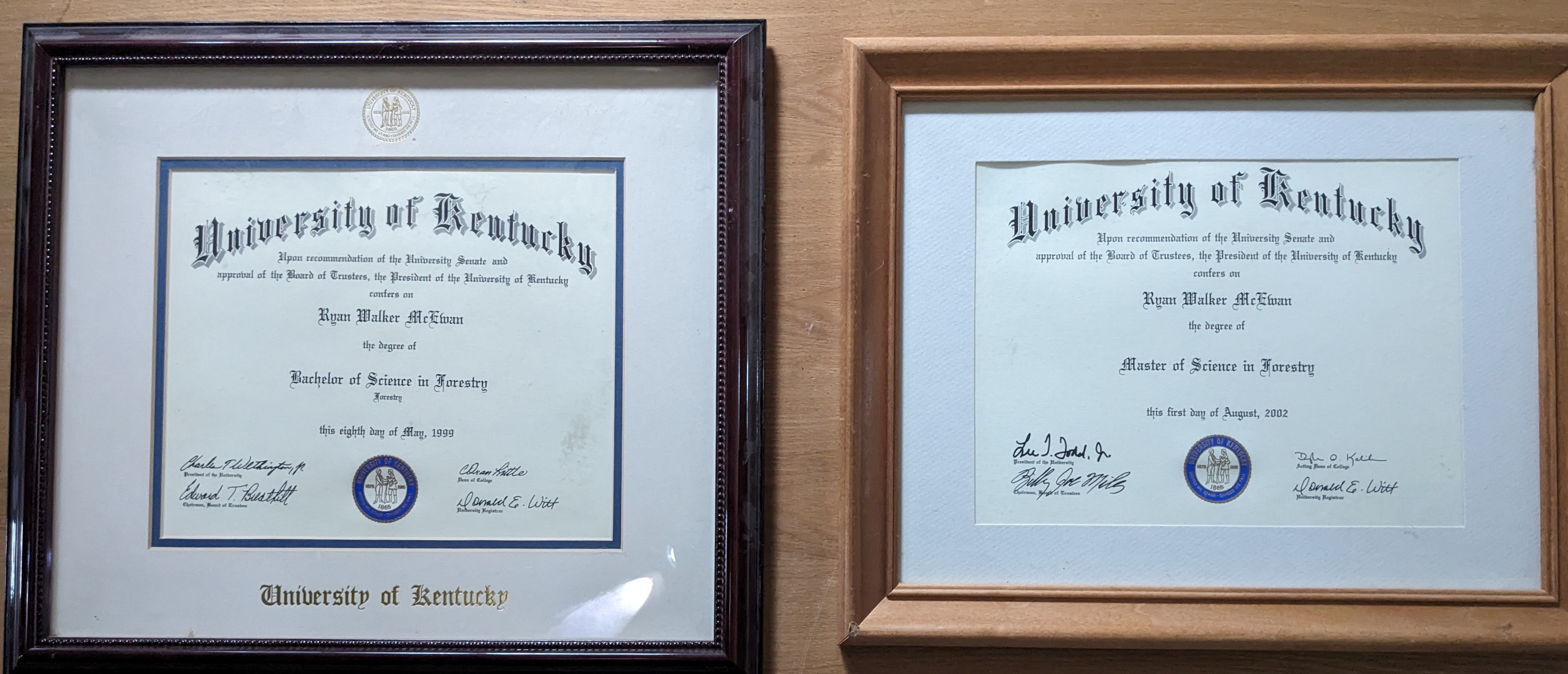
Three women in science, in the McEwan Lab, winning the day.
Over the last several years the McEwan Lab has had a Women-in-Science lab meeting each year. These meetings have sparked a lot of conversation. I have condensed our ideas down to five basic issues that surround Women in Science. In this post I have collected and collated our thoughts and provided some resources. In some cases we propose solutions.
By no means definitive, this is a **live** post, a work in progress, that will be modified and cultivated as new ideas and information emerge.
————
Survival of the Most Cooperative?
Perceptual issues and feminist critique of scientific objectivity.
Observations/Discussion
Let’s start out with the fact that observation is necessarily filtered through the lens of perception which are colored by our experiences, our history, our associations, et cetera.
If we view an object or interaction between organisms we almost certainly will be influenced by our personal experiences, our knowledge base, and our instincts. Our brains are required to interpret what we are seeing and our brains are pre-conditioned by our experience. This pre-conditioning is a form of bias – try as we might, unbiased assessment just isn’t possible.
If we start with the assumption that humans are biased by experience, and add in that pretty much every field of science has been, up to this point in history, either exclusively male, or at least dominated by males, then it is simple to see that our very knowledge of the world as represented by the sum total of scientific discovery may be a gender-biased body of knowledge. This is one basis for a feminist critique of science.
One thing I have wondered about is how Ecology would have developed as a field if it were not so male dominated. In particular, as a field we spent many decades focusing on interactions among organisms that were framed as predatory or competitive and, seems to me, quite a lot less on understanding interactions mutualistically. Evidence of cooperative interactions are abundantly obvious in nature (herds, flocks, pollination) and given what we understand now about the complexity of ecological interaction networks, maybe focusing on one animal eating another has been a distraction. Similarly, we went into the deep end on “allelopathy” as an interaction among plants very early in Ecology (negative, competitive), and relatively recently began unpacking what seems like a vastly more important topic- mutualistic interactions among plants and fungi. Consider this another of Ryan’s Obviously Unverified Speculations (ROUSs), not a strong claim, but I wonder if the field of ecology had been dominated by female scientists its inception, if we would be working from very different foundations today.
ROUS aside, the antidotes I see are….
Action Items
– Follow best practices to eliminate bias in hiring with the long term goal of increasing overall diversity and arriving at gender balance across the board in every STEM field.
– Bring alternative perspectives to bear on what we think of as foundational ideas in all areas of science.
Resources
Feminist critique of science- book chapter from philosopher Helen Longino: LINK
Bias test from Project Implicit (Harvard): LINK
———-
Gender bias in publication, grant-winning, hiring and compensation.
Observations/Discussion
Abundant literature supports the contention that gender bias appears in all levels of academia including publishing, grant review, hiring and compensation. The most egregious recent example that we know of is the Moss-Racusin et al. paper (linked below) that demonstrated that (a) SCIENCE FACULTY exhibited heavy bias towards males when faced with identical CVs with only a male vs. female name attached, and also that (b) women science faculty were no less likely than males to favor the “male” CV. We have work to do people…not someone else, not some other time…us, right now.
The flip side of this bias is the The Matlida effect (LINK) which proscribes contributions of women to men. There is some reason, for instance, to believe that the DNA helix was not discovered by Watson and Crick but by Rosalind Franklin, who did the X-ray work and the chemistry but was mistaken for a “technician.” Look into that story yourself if you want! The bigger picture is that the historical role of women in science is likely obscured by the fact that they were working in a sexist culture.
Action Items
-Double blind peer review of both grants and publications! I will post on this in detail later…
-Best practices to eliminate bias in hiring.
-Review and equity adjustments to draw salaries to gender equilibrium (we are looking at you Chairs/Deans/Provosts/Chancellors)
Resources
New York Times- Gender Bias in Academica: LINK
Letter of Recommendation Gender Bias Calculator: LINK or LINK
Inside Higher Ed- Women are less likely to earn tenure: LINK
Moss-Racusin et al.: PNAS- Gender bias among science faculty: LINK
Five Thirty Eight- Unconscious sexism and the presidential election: LINK
American Association of University Women- Gender Pay Gap: LINK
———–
Maternity timelines and careers in academia/ecology
In this area, we provide an extensive stand alone post: LINK
Resources:
Slate article on female academics and children: LINK
Jessica Shortall, TED talk on paid family leave: LINK
———–
“Barbie or Granola” the appearance conundrum for women in science
Observations/Discussion
One manifestation of privilege in Science is the fact that men have much lower expectations when it comes of physical appearance. As is the case in many professions, women face a conundrum where if they dress too flashy they are not taken seriously (#distractinglysexy), while if they dress “down” too much they are also not taken seriously. Dressing “up” can leave the impression of being too material and potentially “ditsy” while dressing “down” they are sometimes seen as being not serious or a “granola” or even “butch.” This problem just does not seem to exist for men where the worst outcome of dressing “up” is being seen as very serious, while dressing “down” is a good indication of “efficiency” (all he cares about is his work, a la Zuck).
Action Items
-Do not comment on physical appearances.
-Focus professional interactions on content.
-Check your implicit bias when it comes to evaluating female candidates. Are you considering how they dressed?
-Consider representation when creating presentations for teaching or scientific communication.
Resources:
Quartz.com: Focus on efficiency in tech is underlain by gender bias. LINK
FiveThirtyEight: When women run focus on appearance: LINK
Power hierarchy and sexual harassment & assault.
Observations/Discussion
This is the most depressing and heinous area. Obviously, the other areas brush up against ethics and morality, whereas this area pushes us into criminal activity. The sad truth is that many women in science experience some form of harassment or even assault during their career in the workplace. While science and academia are likely a relatively “safe” place in relation to other types of employment, it remains a fundamental and cardinal challenge for all of us to stomp this completely out of existence. The first step is talking about it, making it clear that this is not okay, and also making clear that reporting incidents is not only the correct thing to do, but in some cases required.
In some instance, this behavior is simply being an awful human being- injuring and humiliating another person because you can. In the worst instances, law enforcement intervention is appropriate.
In other grayer cases, one thing that makes this area particularly tricky is the idea of “consent.” What does consent mean when the structure of the workplace creates an inherent power hierarchy? I believe this issue can disorient both parties to an interaction. The classic case is a senior male faculty member and a young female student/technician- in such cases, if the career progress of the female depends on the males efforts to advance them, consent becomes a highly ambiguous issue.
We will continue accumulating resources, but some of these below are excellent.
Note also we have developed a stand-alone post on inclusivity in the McEwan Lab: LINK.
This includes an anonymous reporting form. If you experience any form of sexual harassment or discrimination you can report it to Dr. McEwan anonymously here: LINK.
Resources
University of Dayton: Green Dot: LINK
Dr. Hope Jahren: NY Times Opinion- Harassment& women in Science: LINK
Dr. Rebecca Ackerman: Tenure She Wrote- Harassment & women in science: LINK
New York Times: Harassment in Science: LINK
Five Thirty Eight: Chat What Trumps’s brag about sexual assault reveals about this election and our culture: LINK
Ryan’s (banal but, sadly, still needed) rules for not being awful men in Science
- Never call an adult female “girl.”
- Never use the salutation “Mrs.”
- Innuendo and double entendre might sound “hilarious” in your head, but when spoken by you are mostly gross and creepy.
- Instead of talking over women, create space for them to express their expertise (ie., stop mansplaining).
- Never comment on a woman’s appearance or body.
- Never touch female students. Never touch female colleagues without expressed consent.
- Attempting to “hook up” with students is despicable.
Some general resources on Women-in-Science
University of Dayton Anti-Discrimination Policy: LINK
He for She: LINK
Lean in: LINK
Five Thirty Eight: It matters that women come last in Science: LINK
The Economist: The subtle way discrimination works: LINK
Book recommendations:
Lab Girl
Women in Science
Headstrong
Hidden Figures
——————————————–
-rwm














